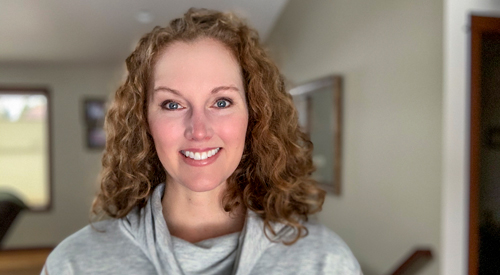Are you a Veteran in crisis or concerned about one?
To connect with a Veterans Crisis Line responder anytime day or night:
- Dial 988 then Press 1.
- Start a confidential chat.
- Text 838255.
- If you have hearing loss, call TTY: Dial 711 then 988.
Learn About Resources and Support
VA has a variety of mental health resources, information, treatment options and more—all accessible to Veterans, Veterans’ supporters and the general public. Explore the pages below to learn more about a specific mental health topic or to find information specifically tailored to your needs. You can also visit the Get Help page to explore VA resources that address the unique stressors and experiences that Veterans may face.
Explore by Topic
VA provides support for a variety of mental health conditions and other challenges. Each of these pages includes resources, information on treatment options, and more.
Find the Support You Need
Browse our catalog of resources for specific types of Veterans and civilians.
Treatment
VA is here to provide and connect you with clinical resources and peer support so you can confront and manage any mental health challenge. We offer more treatment options and more ways to access treatment than ever before.
To get more information on treatment at VA, visit our Learn About Treatment page.
Veteran Quick Resources
Veterans Share Stories of Support
Telehealth Therapy
For Daniel, Don and Jennifer, convenient video counseling made it easier to put their health first. Learn how VA telehealth services helped these Veterans connect with their treatment providers. View More Stories On Make the Connection
Firearm Safety
VA encourages Veterans, Service members and their families to make sure guns are safely secured, especially in times of crisis. Read more about Lethal Means
Newsletter sign-up
Mental Health Updates
Explore the latest mental health news, resources and real-life stories of mental health recovery.
Prepare for VA’s Secure Sign-in Updates
Veterans using online accounts with VA will need to update their login options in 2025. Learn more about Login.gov or ID.me, two modern, secure, sign-in options.
How talking about suicide can save a life
If you think the Veteran you care about is considering suicide, now is the time to start the conversation.
Veterans get faster access to residential treatment
VA is advancing efforts to give Veterans faster and simpler access to its mental health residential rehabilitation treatment programs (RRTPs).
VA health care outperforms non-VA care in two independent, nationwide quality and patient satisfaction reviews
The U.S. Department of Veterans Affairs announced that VA hospitals outperformed non-VA hospitals in two major independent, nationwide reviews for patient satisfaction and care quality.
Through 2027, Veterans no longer need to pay copays for their first three outpatient mental health care visits of each year
Veterans no longer need to pay copays for their first three outpatient mental health care and substance use disorder visits of each calendar year through 2027.
























